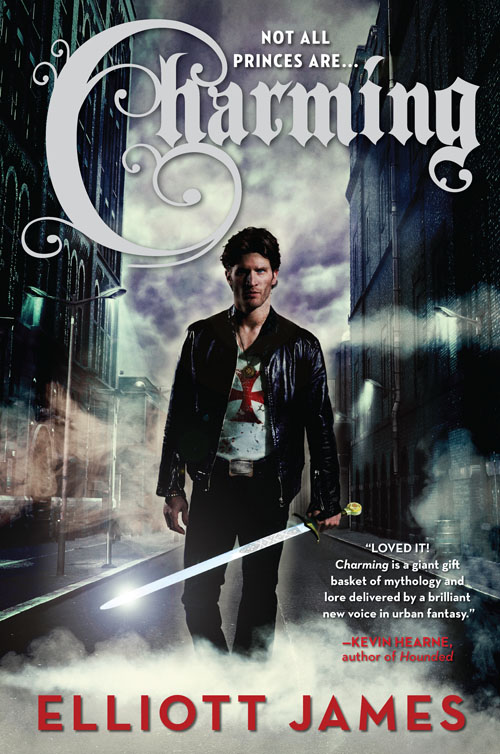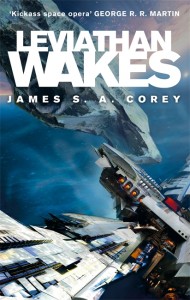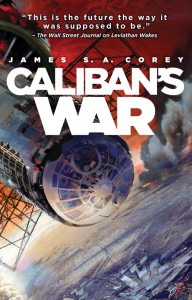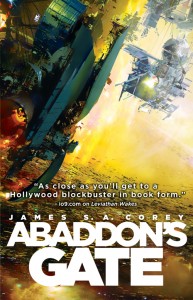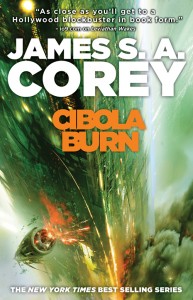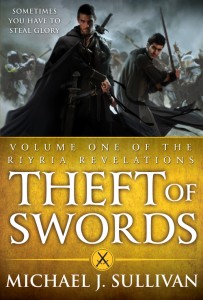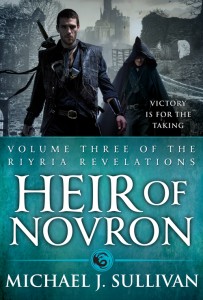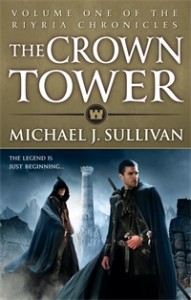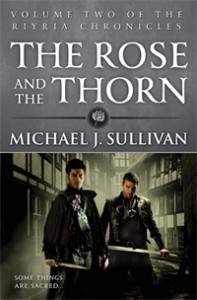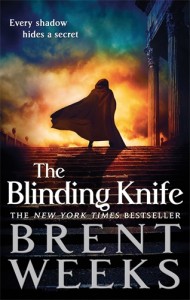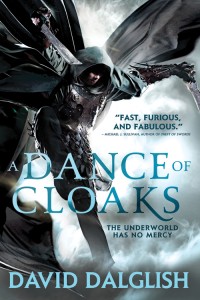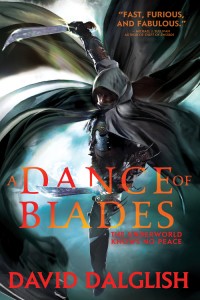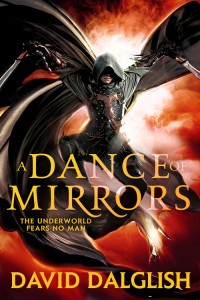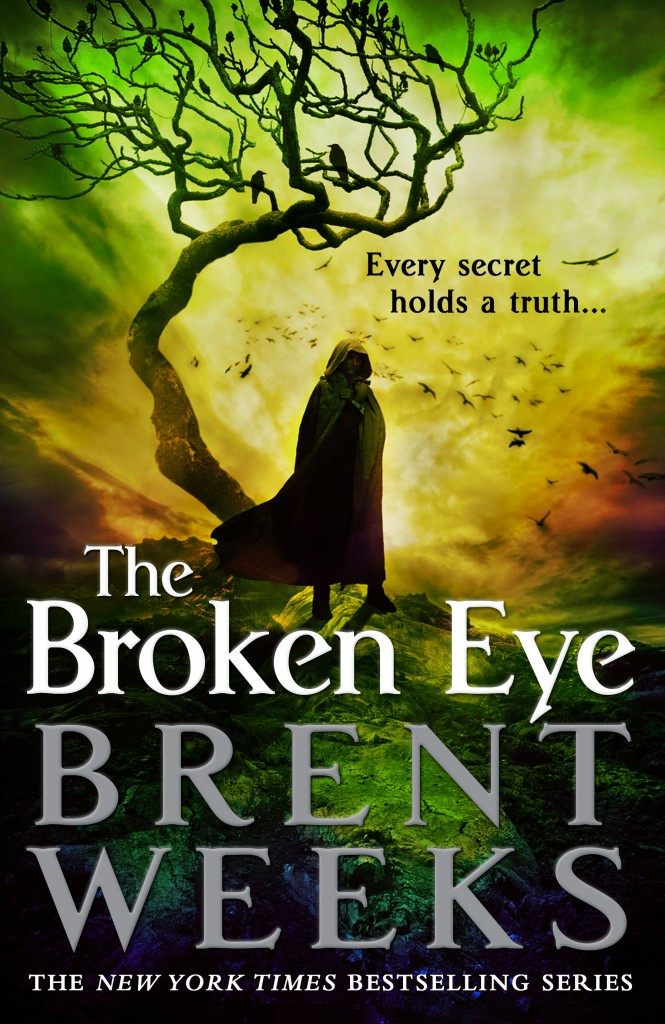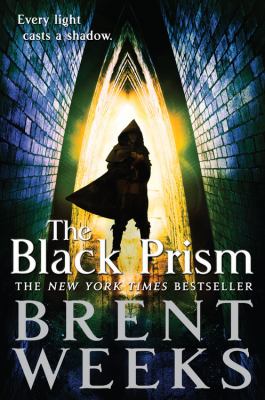“What’s it about?”
The first question I get when family or friends find out that I have a novel being published is: “What’s it about?”
So I go ahead and tell them: “GET AWAY FROM ME! I HAVE TO GO FEED MY TURTLES! I’LL CUT YOU!”
Okay, that’s not true. I just thought it was more dramatic than what I actually tell them, which is that CHARMING is about John Charming, the modern day descendant of all those characters named Prince Charming from the fairy tales. In my fictional world, there wasn’t some crazed serial bigamist inspiring all of those different stories, there was in fact an entire family line of witch finders and dragon slayers extending through the centuries.
The next question comes in one of three variations. People either say “Oh cool! How did you get that idea?” Or “Oh cool! How come nobody has ever thought of that before?” Or just “Oh.”
My response to that is a little more complicated. I know there’s a lot of fairy tale stuff out there right now, and some of it I’ve read and watched and some of it I haven’t, and I talk about that in an interview in the back of my book.
I also mention that I was an army brat. We moved pretty regularly, and my grandparent’s farm was an island of stability in my childhood, the place we always went to on vacations or between moves or when my father was going to be gone for a long time. My grandmother was an English teacher and a pack rat, and her house was stuffed with books on folk lore and fairy tales and mythology, and not just European stories and not just children’s tales. I’m talking the real stuff, dark stories full of fantastic places and creatures of nightmare where macabre events are described by a third person narrator with a matter of fact attitude. That’s my happy place. Not Christmas memories. Not my first puppy. It’s lying on my grandparent’s porch swing reading stories that were totally inappropriate for children.
So there’s that.
And I really wanted to root my character in a literary tradition. Actually, that’s not true. I wanted to root my character in all literary traditions relating to folk tales and fables and myths. I start out with vampires and werewolves, but I start introducing new/old mythological creatures into the mix pretty quickly. Really, if I have any serious literary ambitions for my John Charming tales at all, it’s that I would like to make the urban fantasy genre as a whole a little more aware of how rich and varied the story telling traditions it’s been strip mining for vampire and werewolf stories are. And I’m not saying that no one else is doing this. My favorite urban fantasy authors do this. It’s largely why they’re my favorites.

